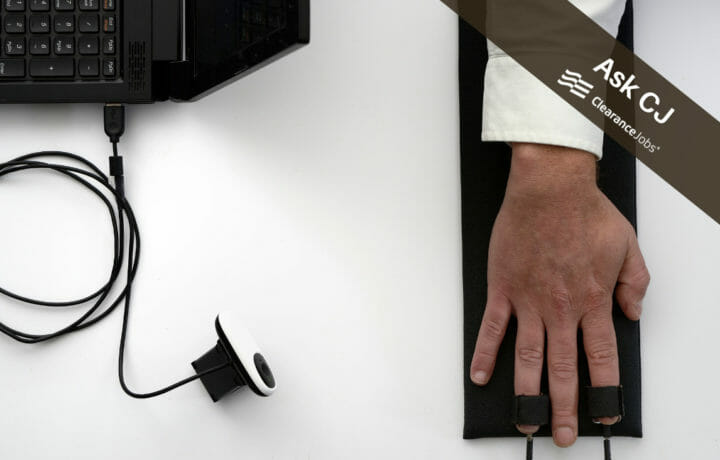If you’re preparing for a polygraph exam as part of the security clearance process, you might be wondering whether your social media activity is fair game. The short answer? Yes—but with some important context.
While the security clearance application does not ask for your handles on various social media platforms, nor your usernames or passwords, security clearance applicants sign an authorization at the end of the form that acknowledges social media being publicly available information:
“I Authorize any investigator, special agent, or other duly accredited representative of the authorized Federal agency conducting my background investigation, reinvestigation, or ongoing evaluation (i.e. continuous evaluation) of my eligibility for access to classified information or, when applicable, eligibility to hold a national security sensitive position to obtain any information relating to my activities from individuals, schools, residential management agents, employers, criminal justice agencies, credit bureaus, consumer reporting agencies, collection agencies, retail business establishments, or other sources of information. This information may include, but is not limited to current and historic academic, residential, achievement, performance, attendance, disciplinary, employment, criminal, financial, and credit information, and publicly available social media information.”
Security Executive Agent Directive 5 (SEAD 5) allows agencies to collect this publicly available social media information for the investigative record, though agencies across the DoD / IC don’t have a mandated mechanism for this practice.
Polygraphs, on the other hand, during the security clearance process can and often do include questions about social media, particularly if they are part of a lifestyle or full scope polygraph. These tests aim to assess an individual’s potential vulnerabilities or conflicts of interest, and social media activity can reveal information relevant to security concerns. Social media profiles and online activity can reveal information about an individual’s connections, beliefs, and potentially compromising behaviors. While social media can be investigated, authorities do not track individual browser history as part of the clearance process.
You probably won’t be explicitly asked, “What did you post on Facebook in 2019?” But social media activity can come up in a few ways:
-
Voluntary Disclosure: If something on your social media conflicts with your answers (e.g., evidence of drug use or foreign travel not previously reported), that could trigger follow-up questions.
-
Background Investigations: Even outside of the polygraph room, background investigators can review publicly available content. If inconsistencies arise between your online presence and your application you filled out, expect questions.
-
General Integrity Questions: You may be asked broad integrity questions like, “Is there anything you’ve posted or done online that could be used to blackmail you or that you’re ashamed of?”
Yes, your social media activity can be addressed—directly or indirectly—during the polygraph and throughout the clearance process. The best approach? Be honest, consistent, and mindful of your online presence.
What you post can follow you—especially when national security is on the line.
This article was inspired by this thread at ClearanceJobsBlog.com.
This question was posed from a subscriber at ClearanceJobsBlog.com, where you can read and discuss government security clearance process, how to get a security clearance job, and background investigations issues.
Much about the clearance process resembles the Pirate’s Code: “more what you’d call guidelines than actual rules.” This case-by-case system is meant to consider the whole person, increase process security, and allow the lowest-risk/highest-need candidates to complete the process. This article is intended as general information only and should not be construed as legal advice. Consult an attorney regarding your specific situation.




